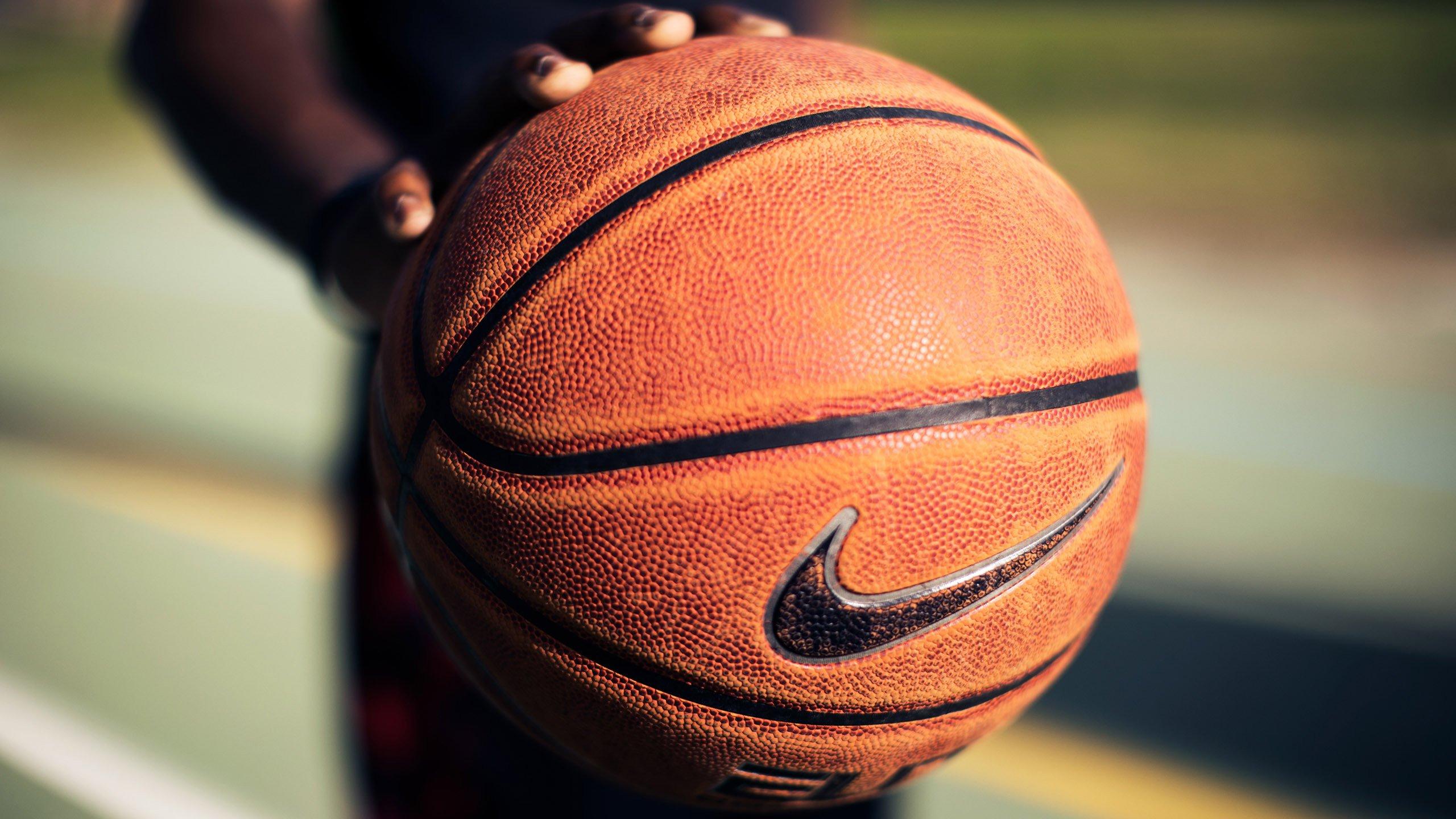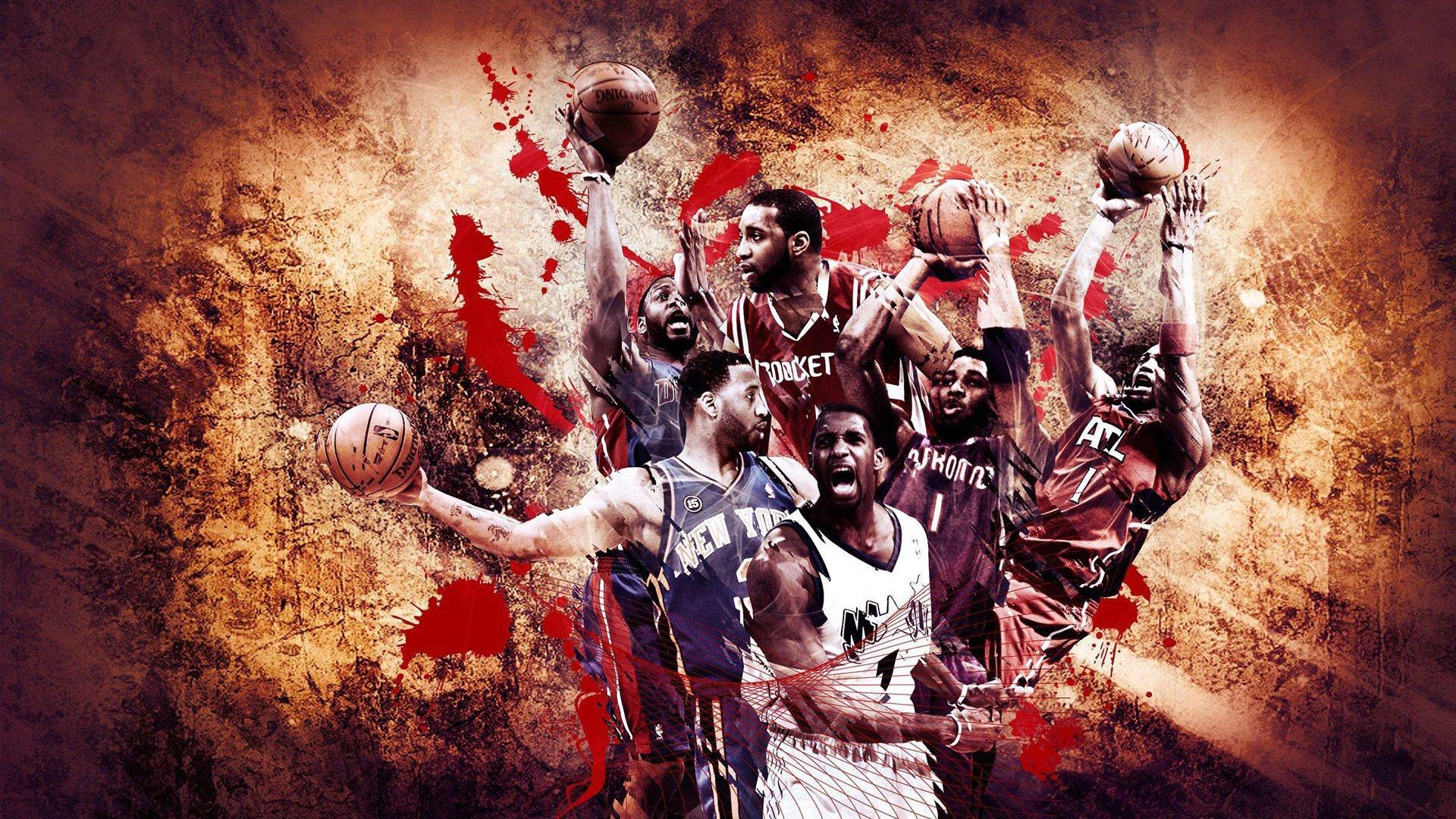姆巴佩与贝利,王勤伯剖析时代差异下的巨星传承迷思
发布时间:2025-10-06 01:45:41 | 次浏览
巴黎——在足球世界的喧嚣中, comparisons between modern stars and legends of the past are a constant refrain. Recently, the notion of Kylian Mbappé as the "successor" to Pelé has gained traction in some circles, but noted sports commentator Wang Qinbo offers a dissenting perspective, arguing that such parallels are fundamentally flawed. In a detailed analysis, Wang emphasizes the vast differences in era, playing style, and cultural context that separate the French phenomenon from the Brazilian icon, suggesting that Mbappé's legacy will be, and should be, defined on its own unique terms.
The comparison is superficially tempting. Both players burst onto the world stage as teenagers, displaying a precocious talent that left veterans in awe. Pelé, at just 17, was instrumental in Brazil's 1958 World Cup triumph, scoring crucial goals, including a memorable one in the final. Similarly, Mbappé, at 19, became a teenage sensation during France's 2018 World Cup victory, his electrifying pace and clinical finishing drawing global acclaim. Both have been global ambassadors for the sport, possessing a marketability that transcends national borders. However, Wang Qinbo contends that these surface-level similarities mask a deeper, more complex reality.

The Unbridgeable Chasm of Era and Context
Wang's primary argument rests on the profound differences between the footballing worlds of Pelé's time and today. Pelé's career, predominantly with Santos and the Brazilian national team, unfolded in an era before saturation television coverage, social media, and the hyper-commercialization of the modern game. "We are talking about two completely different planets," Wang remarked in a recent column. "Pelé played in an age where the ball was heavier, the pitches were often mud baths, and the protection for skillful players was minimal. The physical challenges he faced from defenders were of a different magnitude."
Pelé's genius was forged in an environment where technical skill, creativity, and improvisation were paramount. He was a complete forward, renowned not just for his goal-scoring—a record 1,281 goals in official and unofficial matches—but for his vision, passing, and ability to orchestrate play. He embodied the jogo bonito (the beautiful game), a style synonymous with flair and joy. Mbappé, by contrast, is a product of the 21st century's data-driven, athleticism-focused football. His game is built upon an almost supernatural explosive speed, efficient movement, and ruthless finishing in the final third. He is the apex predator of the counter-attack, a weapon honed to perfection in systems that prioritize transition and spatial exploitation.
"The metrics used to evaluate players today—sprint speeds, expected goals, distance covered—simply did not exist in Pelé's time," Wang notes. "To call Mbappé Pelé's successor is to ignore how the very essence of the sport has evolved. Pelé was an artist painting on a rugged canvas; Mbappé is a supreme athlete operating in a highly optimized, tactical machine."
Divergent Paths: Club Loyalty and the Global Stage
Another critical point of divergence highlighted by Wang is the concept of club career and global influence. Pelé spent nearly his entire club career at Santos, becoming a one-club legend in an era before free agency and mega-transfers defined player movement. His status was built on a deep connection with a single institution, which amplified his mythical aura. His move to the New York Cosmos late in his career was a pioneering effort to grow the sport in North America, a missionary endeavor as much as a sporting one.
Mbappé's career trajectory is a hallmark of contemporary football. His high-profile transfer from Monaco to Paris Saint-Germain, followed by his much-anticipated move to Real Madrid, reflects the modern superstar's journey through elite European clubs. His brand is global from the outset, shaped by immense transfer fees, sponsorship deals, and a constant media spotlight that Pelé never experienced in his prime. "Mbappé is a global citizen of football, a superstar constructed in the era of instant digital fame," Wang observes. "Pelé's fame grew more organically, through World Cup triumphs and word-of-mouth wonder. Their paths to icon status are mirror images of their respective epochs."
Furthermore, Wang argues that Pelé's role as a unifying national symbol in Brazil, a country that found identity and pride through football, carries a weight that is difficult to replicate in today's fragmented media landscape. While Mbappé is a celebrated figure in France, his impact, though significant, exists within a different socio-political framework.
Defining a Unique Legacy
Ultimately, Wang Qinbo's analysis is not a critique of Mbappé's quality, but a plea for a more nuanced understanding of football history. The quest to anoint a "new Pelé" is, in his view, a disservice to both the original and the contemporary star. It imposes an archaic template onto a player who is defining a new paradigm of excellence.

"Kylian Mbappé does not need to be the successor to anyone," Wang asserts. "His incredible speed, his goal-scoring record at such a young age, and his performances on the biggest stages already place him on a trajectory to be one of the all-time greats. But his legacy will be that of Mbappé—the player who epitomized the modern game's athletic and tactical evolution. He is the standard-bearer for his own generation, just as Pelé was for his."
The danger of such comparisons, according to Wang, is that they create unrealistic expectations and obscure what makes each player truly special. Instead of forcing a linear progression of greatness, it is more fruitful to appreciate each legend within the context of their time. Pelé's magic lay in his artistry and his transformative effect on the sport in the 20th century. Mbappé's brilliance is rooted in his breathtaking athleticism and his mastery of the game's contemporary demands.
As Mbappé continues his career, likely adding more Champions League titles and challenging for another World Cup, the narrative will inevitably shift. The conversation will move away from who he is supposed to succeed and focus on the unique mark he is leaving on the sport. The most fitting tribute to Pelé is not to find his clone, but to recognize and celebrate the new kinds of genius that each era produces. In Kylian Mbappé, we are witnessing the rise of a singular phenomenon, one whose story is still being written on its own extraordinary terms.